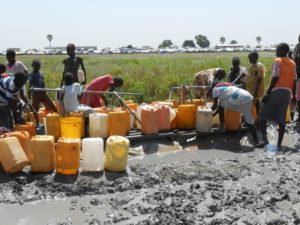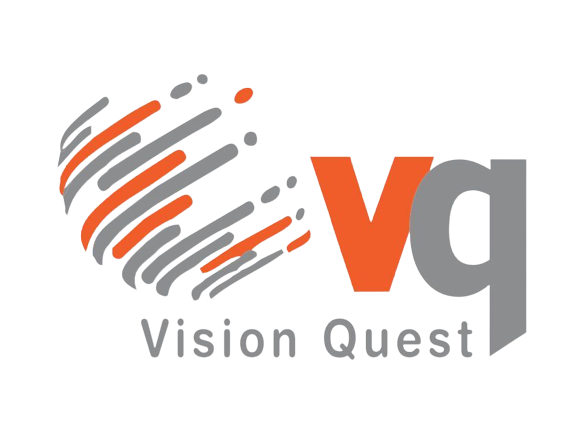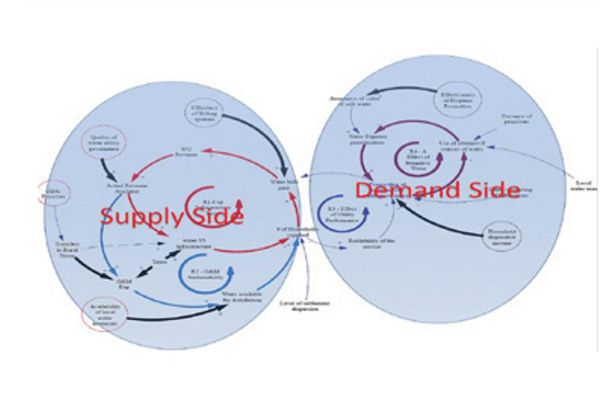
WVI WASH Project Evaluation by Vision Quest.
Vision Quest has extensive experience in WASH financing: specifically
- Promoting and enhancing multi-stakeholder initiatives to align education systems and supporting all education actors to improve education outcomes.
- Assessing the scope and potential options for innovative financing strategies and mechanisms for the sector in the concerned countries.
- Developing concrete recommendations and options to be considered for the development of innovative WASH financing mechanisms, with specific recommendations on the role of community sustainability mechanisms
- Creating awareness and consensus among key stakeholders on financing and policy implications for meeting the sustainable development goals for the WASH sector.
Our highly qualified teams of experts are specialized in conceptualizing, developing, testing and promoting appropriate WASH strategies and models for capacity building of relevant stakeholders, strengthening of WASH systems and advocacy.
Why Vision Quest
The Vision Quest WASH sector acknowledges and has embraced transition from the MDGs to the SDG era that calls for a balance between continuity and a purposed departure from carrying out WASH activities as usual. We have therefore shifted our focus towards newer approaches to WASH development policies, plans and programmes as well as means of implementation and on monitoring progress. The SDG on clean water and sanitation (SDG 6) states; “by 2030, ensure availability and sustainable management of water and sanitation for all”, thus covering all WASH issues-economic, social and environmental sustainability, in a holistic manner.
Our consultants understanding the scope and context of key opportunities, barriers and proposed solutions in the WASH sector to provide sustainable water and sanitation services covering all aspects of WASH. An example of such is our grounding in providing holistic services that cover cost effective approaches that target rural, semi-urban and urban communities (especially the urban poor).This means that apart from supporting governments (both national and county/federal) to strengthen their capacity and systems to provide an enabling environment for WASH services, we also focus on the role of the community in both owning and sustaining WASH activities. We work with and clearly understand/are aware of the different roles of male, female and youth in WASH as well as the communal and health implications of their involvement at local and national levels. We have also been involved in supporting WASH in schools either through technical support to county Ministries of Education and Health.


